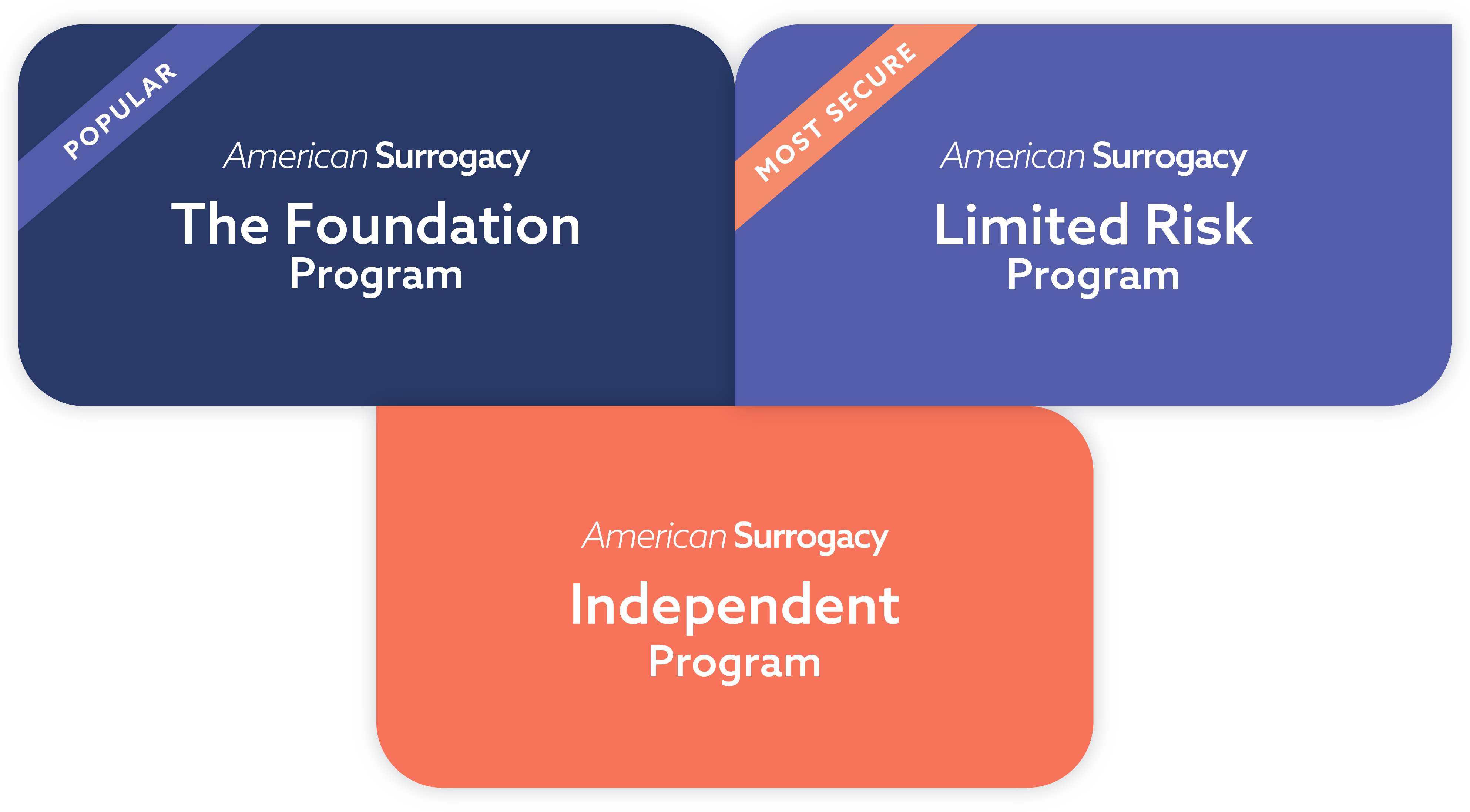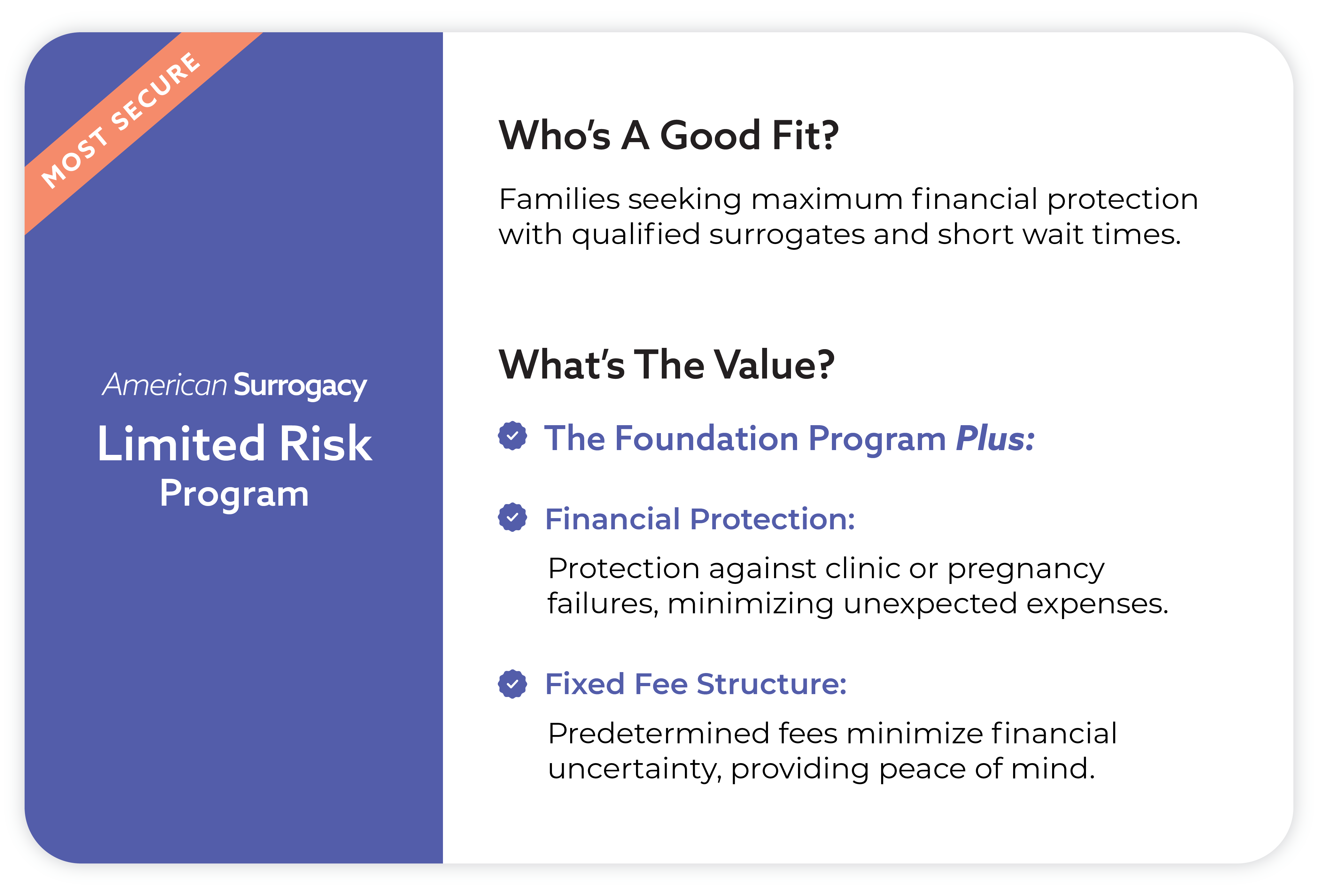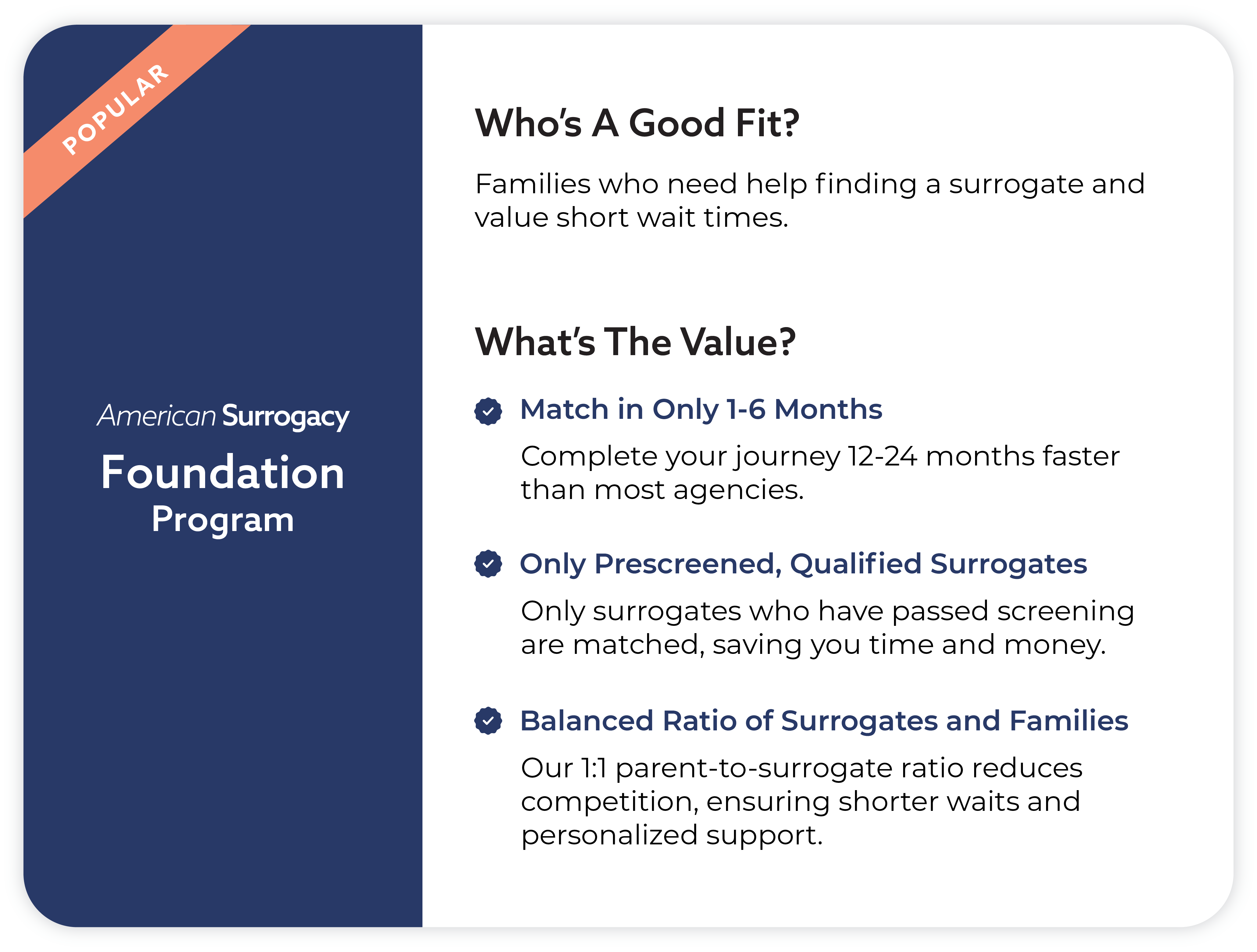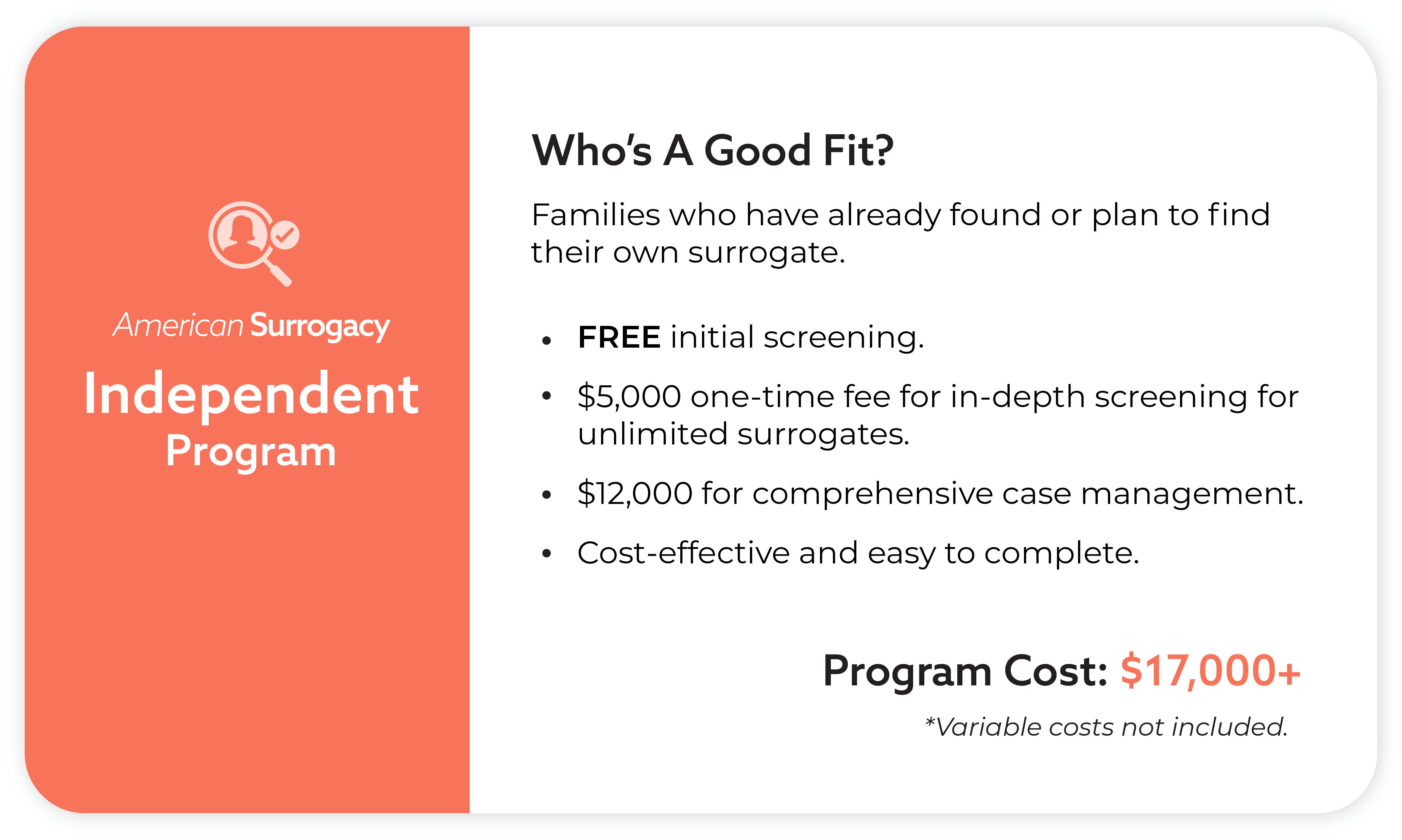Surrogacy offers hopeful parents a chance to grow their families, but the legal process can be complex — especially when laws vary so much from state to state. Fortunately, if you’re exploring Hawaii surrogacy law, you’re in the right place.
American Surrogacy is here to guide you through every step of the legal process in Hawaii — from matching with a surrogate to finalizing parentage. With expert legal partners and national resources, we’ll help you navigate Hawaii’s unique legal landscape with confidence and compassion.
How Do Surrogacy Laws in Hawaii Affect Me?
Hawaii is considered a surrogacy-permissive state — not because of explicit statutory protections, but because no laws currently prohibit or restrict surrogacy arrangements. Courts in Hawaii have historically granted parentage through pre-birth and post-birth orders, making the state a viable option for many families.
Is Paid Surrogacy Legal in Hawaii?
Yes. Hawaii permits compensated (gestational) surrogacy, and it is common for intended parents to cover the surrogate’s expenses and compensation as outlined in a legal contract.
American Surrogacy works with surrogates and intended parents across the country. If you're in Hawaii but want additional legal protections or services not available locally, we can match you with a surrogate in another surrogacy-friendly state.
Learn more about surrogate compensation
Are Surrogacy Contracts Enforceable in Hawaii?
Yes, generally. While Hawaii does not have explicit surrogacy contract statutes, courts have historically enforced well-drafted agreements. These contracts must outline the rights and responsibilities of both parties and be reviewed by separate attorneys.
We help ensure every contract meets legal and ethical standards — and that you're working with attorneys who specialize in reproductive law.
Surrogacy Contract Checklist
A valid Hawaii surrogacy contract should include:
- Financial Terms
Compensation for the surrogate, reimbursements and handling of unexpected costs.
- Medical Procedures
Who makes decisions about embryo transfers, selective reduction, pregnancy termination or cesarean delivery?
- Health and Lifestyle
Wellness expectations, travel restrictions and communication preferences.
- Legal Parentage
How and when the intended parents will be recognized as the child’s legal guardians.
- Dispute Resolution
Clear methods for resolving disagreements—without jeopardizing the journey.
- Termination Clauses
What happens if one party needs to end the agreement early?
- Financial Terms
Compensation for the surrogate, reimbursements and handling of unexpected costs.
- Medical Procedures
Who makes decisions about embryo transfers, selective reduction, pregnancy termination or cesarean delivery?
- Health and Lifestyle
Wellness expectations, travel restrictions and communication preferences.
- Legal Parentage
How and when the intended parents will be recognized as the child’s legal guardians.
- Dispute Resolution
Clear methods for resolving disagreements—without jeopardizing the journey.
- Termination Clauses
What happens if one party needs to end the agreement early?
When Do I Need a Surrogacy Contract in Hawaii?
You’ll sign a contract after matching with a surrogate and before any medical steps, such as embryo transfer. This legal agreement must be in place to protect both parties.
How long will surrogacy take? Find out here.
How Will American Surrogacy Support Me During the Contract Stage?
Our specialists provide hands-on support from start to finish. We partner with trusted attorneys in Hawaii and across the country to make sure your legal agreement is fair, clear, and enforceable.
Before we present a surrogate profile, we vet each candidate’s location and review the local laws so there are no surprises. You’re never alone — and always legally protected.
Explaining complex legal language in plain terms Assisting with contract negotiations and feedback loops Coordinating timelines between medical and legal milestones Ensuring all documentation is signed and submitted on time Connecting you with a surrogacy attorney near you How We Help You
LGBTQ+ Surrogacy Laws in Hawaii
Hawaii is supportive of LGBTQ+ families pursuing surrogacy. Same-sex couples can:
- Be named as legal parents through pre-birth orders
- Use surrogacy to grow their families
- Access second-parent adoption when needed
Abortion Laws and Surrogacy Contracts in Hawaii
Hawaii currently allows abortion with few restrictions, making it important for both surrogates and intended parents who may need flexibility during the pregnancy.
Surrogacy contracts always include termination clauses, and it’s critical that both parties align on this sensitive issue. If local abortion laws become restrictive in the future, working with a national agency like ours allows you to consider surrogate matches in more legally secure states.
State-by-State Abortion Law Map – Guttmacher Institute
Surrogacy Laws for Establishing Parentage in Hawaii
Legal parentage is typically established through:
- Pre-birth orders (available to married and unmarried couples, LGBTQ+ families)
- Post-birth orders when a pre-birth order isn't feasible
- Judges may require affidavits, medical records, or birth plans. Outcomes can vary slightly by county.
How to Get a Pre-Birth Order in Hawaii
To obtain a pre-birth order:
- File during the second trimester
- Submit supporting documents from the fertility clinic and both attorneys
- A court hearing may or may not be required depending on the judge
- Once the baby is born, the birth certificate is typically issued within 1–2 weeks.
International Surrogacy in Hawaii
Hawaii does not have specific laws regulating international surrogacy. However, international intended parents are typically able to secure parentage orders through the same legal process used by U.S. citizens. Legal consultation is advised for cross-border arrangements.
The Role of a Surrogacy Attorney in Hawaii
A surrogacy attorney helps:
- Draft and review legal contracts
- File pre- or post-birth parentage orders
- Ensure compliance with state and federal law
At American Surrogacy, we work with experienced surrogacy attorneys in Hawaii and can help connect you with one.
Need an attorney? Call us today and we’ll help you find a trusted legal partner.
How Much Does a Surrogacy Lawyer Cost?
In Hawaii, legal fees for surrogacy typically range from $4,000 to $8,000 — but these costs vary based on case complexity and your legal team.
When you work with American Surrogacy, all legal costs are included in your program fee. That means no surprise bills and no added stress.
Find a Surrogacy Attorney Near Me
Carol E. Lockwood is an attorney based in Honolulu, Hawaii, and a member of the law firm Schlack Ito LLLC. Her experience includes family law and ART.
Explore Our Surrogacy Programs in Hawaii

American Surrogacy offers:
Limited Risk Program

Foundation Program

Independent Program

FAQ: Legal Aspects of Surrogacy in Hawaii
Is IVF insurance coverage required in Hawaii?
No. Hawaii does not currently require insurance companies to cover IVF treatment.
Is an embryo considered a person in Hawaii?
No. Hawaii law does not define embryos as persons. Legal rights are determined through contracts and court decisions.
Is traditional surrogacy legal in Hawaii?
Yes, but it is legally riskier due to biological parentage complexities. Most families choose gestational surrogacy.
Do sperm and egg donors have parental rights?
No. Hawaii recognizes donor anonymity and does not grant parental rights to donors if a contract is in place.
Is there an IVF Tax Credit?
No statewide tax credit exists for IVF expenses in Hawaii.
Is surrogacy legal in Hawaii?
Yes. Surrogacy is permitted and has been successfully practiced for years under court-approved arrangements.
What disqualifies you from surrogacy?
Medical or psychological conditions, age restrictions, or prior complicated pregnancies may disqualify you. Every candidate undergoes screening.
What states prohibit surrogacy?
States like Michigan and Louisiana restrict or prohibit paid surrogacy. Our agency can help you avoid legal pitfalls by recommending surrogacy-friendly states.
How to become a surrogate mother in Hawaii?
You must meet basic health and lifestyle qualifications, undergo screening, and work with a licensed agency.
Let’s Start Your Surrogacy Journey in Hawaii
Navigating Hawaii surrogacy law can feel overwhelming — but with American Surrogacy, you don’t have to do it alone. Whether you're an intended parent or potential surrogate, our experienced team is here to guide you every step of the way.
While American Surrogacy has made every effort to present the most accurate and up-to-date information about surrogacy in Hawaii, we make no guarantee the information in this article is correct. Surrogacy laws in Hawaii are always subject to change, so we encourage you to contact a local surrogacy attorney for the most accurate information about the current state of surrogacy in Hawaii.